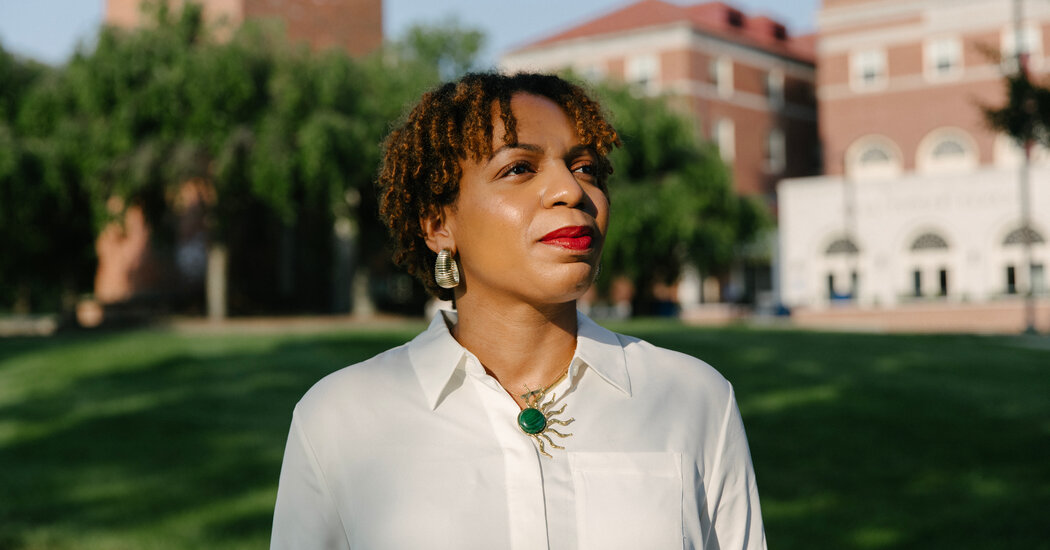As diagnoses of autism rise, Microsoft and other large companies are working to better support autistic workers so they can thrive without “masking.”
When Chelsia Potts took her 10-year-old daughter to a psychologist to be tested for autism spectrum disorder, she decided almost as an afterthought to be tested herself. The result came as a surprise. Like her daughter, Ms. Potts was diagnosed with autism.
Ms. Potts, 35, thought she might have had anxiety or some other issue. A first-generation college student, she had earned a doctor of education degree and risen through academia to become a high-level administrator at Miami University in Oxford, Ohio. But after her visit to the psychologist, she had to figure out how her diagnosis would affect her work life.
“Initially, I was confused, and I did keep it to myself,” Ms. Potts said. “I had a picture of what someone with autism looked like, and that did not look like me.”
She considered the ways she had compensated in the past in an effort to hide her disability and come across as a model employee — a coping mechanism known as “masking.”
For years, she had angled to meet with co-workers one on one, because she felt ill at ease in group settings. She reminded herself to smile and appear enthusiastic, knowing that some people found her speaking voice overly serious. She also tried to avoid bright lights and noise in the workplace.
After wrestling with her diagnosis for six months, Ms. Potts met with a university official. That conversation “was one of the most difficult experiences of my life,” she said.
